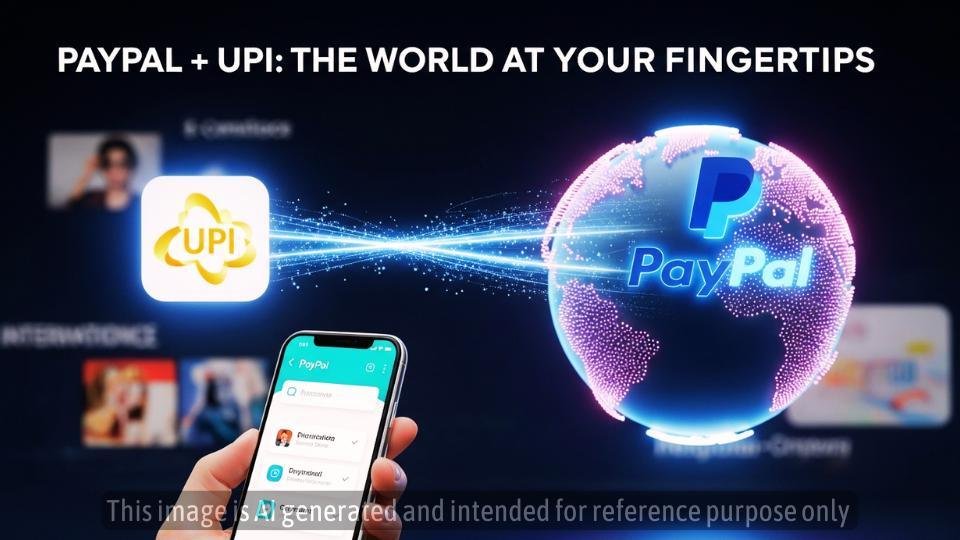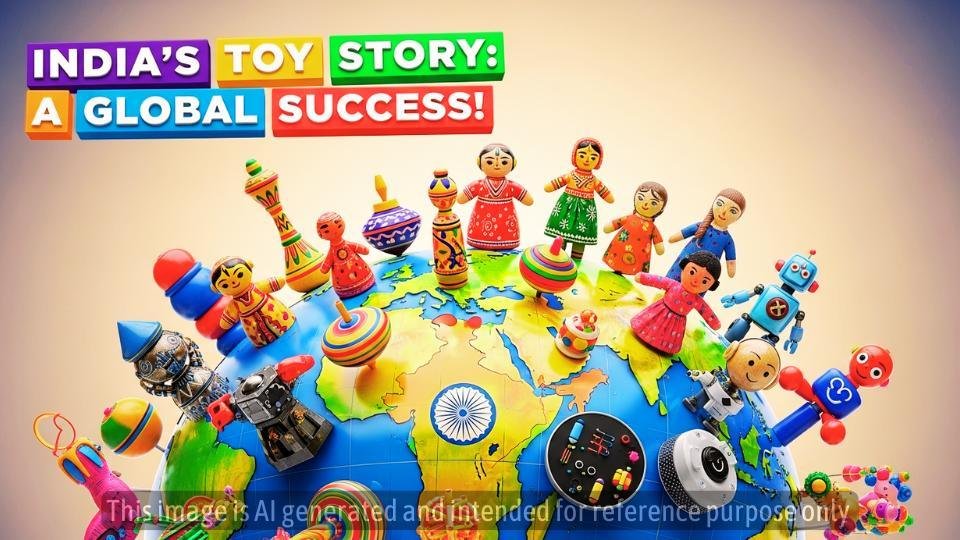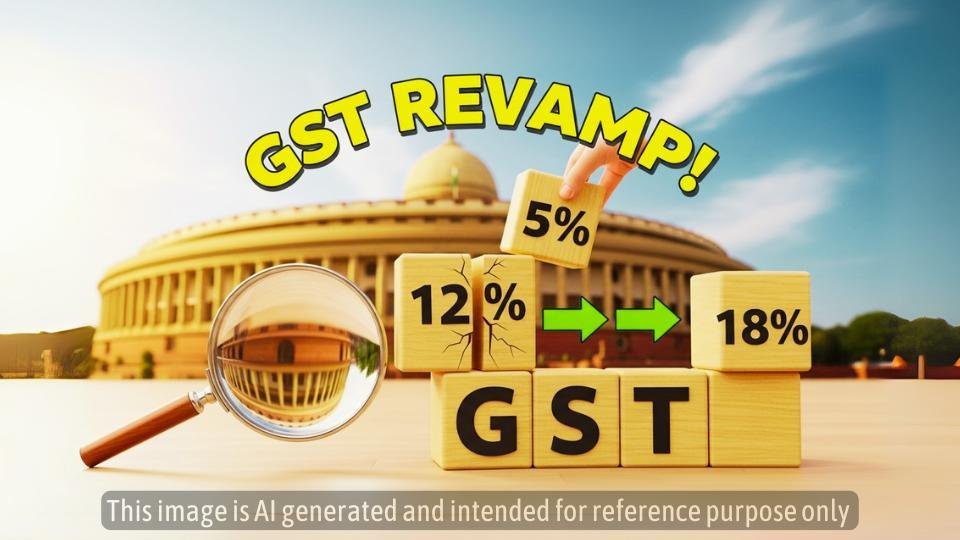कृपया इसे हिंदी में पढ़ने के लिए यहाँ क्लिक करें
In a move that’s set to redefine the landscape of global e-commerce and digital payments, US-based financial technology giant PayPal has announced a landmark integration with India’s Unified Payments Interface (UPI). This collaboration, part of a new global platform called “PayPal World,” will empower millions of Indian users to make international payments with the same ease and familiarity as they do for their daily domestic transactions. The service is slated to launch in the fall of 2025, promising a new era of seamless, secure, and inclusive cross-border transactions.
This development is more than just a technological handshake; it’s a testament to the power of India’s digital public infrastructure and a significant step towards a truly interconnected global economy. For the average Indian consumer, freelancer, or small business owner, the world’s marketplace is about to get a whole lot closer.
Diving Deep: How Will This Game-Changer Actually Work?
The beauty of this integration lies in its simplicity. Imagine you’re browsing an international e-commerce store, perhaps eyeing a pair of sneakers from a US retailer. At the checkout, instead of fumbling for your credit card details or navigating complex international payment gateways, you will simply see the familiar PayPal button. Upon clicking it, a UPI option will appear, allowing you to complete the purchase using your preferred UPI app, just as you would when paying a local vendor.
This seamless experience will be facilitated by “PayPal World,” a new global platform designed to connect the world’s largest payment systems and digital wallets. The initial rollout will see interoperability between PayPal, its subsidiary Venmo, and India’s UPI, with plans to include other major players like Brazil’s Mercado Pago and China’s Tenpay Global. This network is poised to connect nearly two billion users globally, creating a vast and interconnected payment ecosystem.
A Little Backstory
For years, making international payments from India has been a process often fraught with complexities. It typically required international credit cards, involved multiple steps, and sometimes came with a degree of uncertainty. On the other side of this coin is UPI, a revolutionary real-time payment system developed by the National Payments Corporation of India (NPCI). Launched in 2016, UPI has witnessed meteoric growth, becoming the backbone of India’s retail digital payments, accounting for a staggering 85% of the total volume. Its simplicity, security, and instant transfer capabilities have made it a household name.
This integration is a meeting of two giants: PayPal, a pioneer in online payments with a massive global merchant network, and UPI, a testament to India’s prowess in building scalable digital solutions.
Who are the Key Players Behind This Monumental Shift?
This ambitious project is the result of a powerful collaboration between:
- PayPal: A global leader in online payments, co-founded by tech visionary Elon Musk, with a mission to make financial services more accessible. The current President and CEO, Alex Chriss, has hailed this as a “first-of-its-kind payments ecosystem.”
- NPCI International Payments Limited (NIPL): The international arm of the National Payments Corporation of India, which is responsible for the global expansion of UPI. Ritesh Shukla, the Managing Director and CEO of NIPL, has expressed that this integration marks a “significant step in expanding UPI’s global footprint.”
Their combined vision is to break down the barriers of cross-border commerce, making it as effortless as a domestic transaction.
What This Means for YOU: The Real-World Impact
The ripple effects of this integration will be felt across various segments of Indian society:
- For the Avid Online Shopper: The entire global market opens up. No more will the lack of an international credit card be a barrier to purchasing from your favorite global brands. The process will be as simple as scanning a QR code at your local kirana store.
- For the Freelancers and Gig Economy Workers: Receiving payments from international clients will become significantly easier and potentially faster. This could be a game-changer for India’s burgeoning freelance community, empowering them to compete on a global scale with greater ease.
- For Small and Medium-sized Enterprises (SMEs): This integration provides a simplified channel to receive payments from international customers, potentially boosting exports and expanding their global reach without the need for complex technological integrations.
- For Students Studying Abroad and Tourists: While the initial focus is on online merchant payments, the potential for using UPI for other overseas transactions, such as paying tuition fees or for expenses while traveling, is immense. This integration lays the groundwork for such future possibilities.
A Lighter Note: The “Humorous” Side of Global Shopping
Gone will be the days of frantically searching for that one international-transaction-enabled card, only to find it has expired. No more deciphering complex currency conversion charges on your bank statement (though it’s always wise to be aware of any applicable fees!). The future is about effortlessly clicking “Pay with UPI” and getting back to the important business of tracking your international shipment every five minutes!
A Social Message: Empowering a Digital India on the Global Stage
This isn’t just about convenience; it’s about empowerment. The PayPal-UPI integration is a powerful symbol of a “Digital India” that is not just innovating for its own population but is also building platforms that can integrate seamlessly with the global economy. It democratizes access to international markets for individuals and small businesses, leveling the playing field and fostering economic growth from the grassroots up. It’s a testament to the idea that a simple, secure, and interoperable digital payment system can unlock a world of opportunities.
A Look at the Financials: What About Fees?
While it’s free to use PayPal for purchases unless a currency conversion is involved, international transactions often come with associated fees, including currency conversion charges. PayPal has a structure for international transaction fees which can include a percentage of the transaction amount plus a fixed fee. As the launch date for “PayPal World” approaches, further clarity on the exact fee structure for UPI-based international payments is expected. The promise of paying in your local currency is a significant step towards transparency.






Leave a Reply